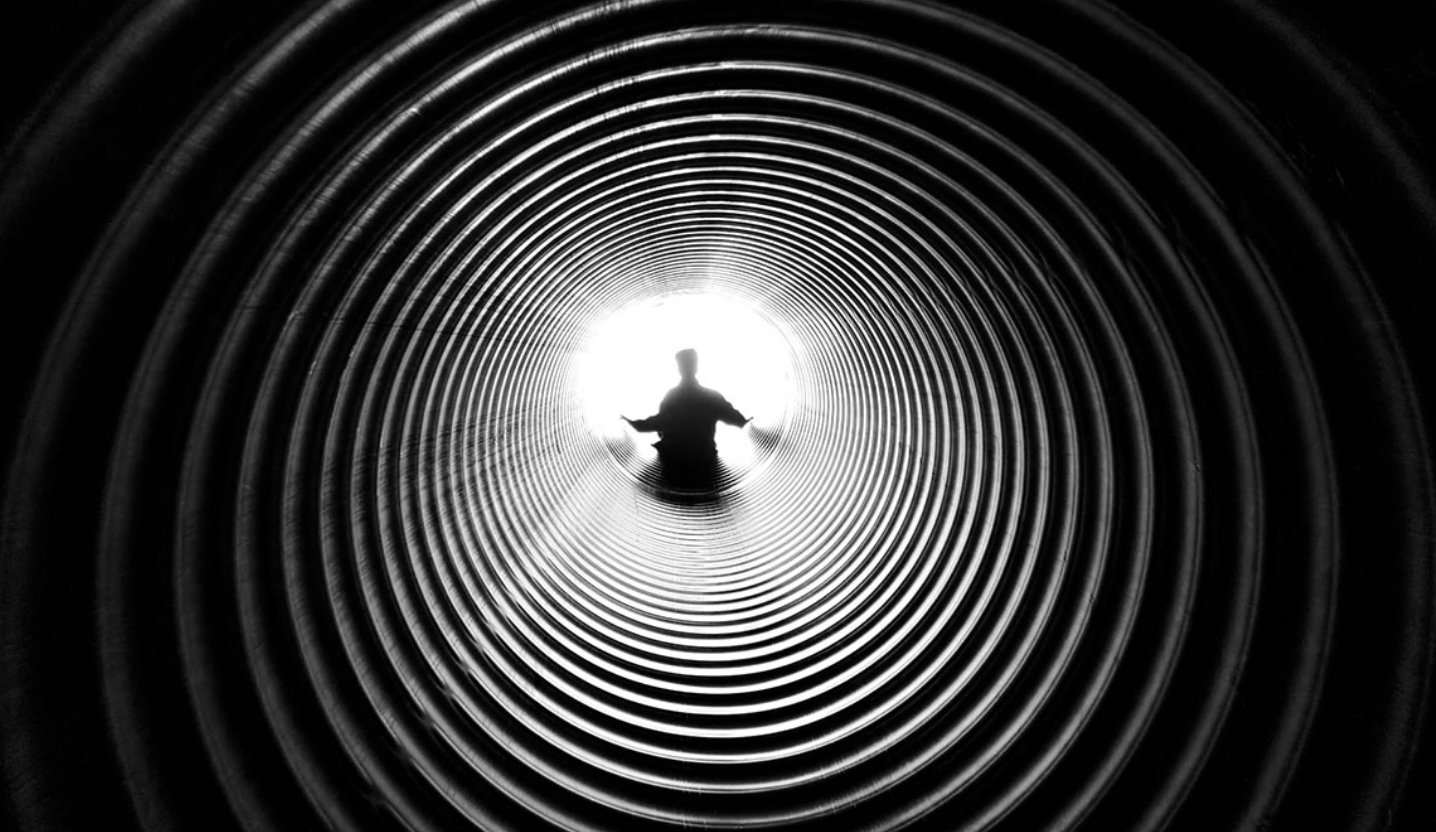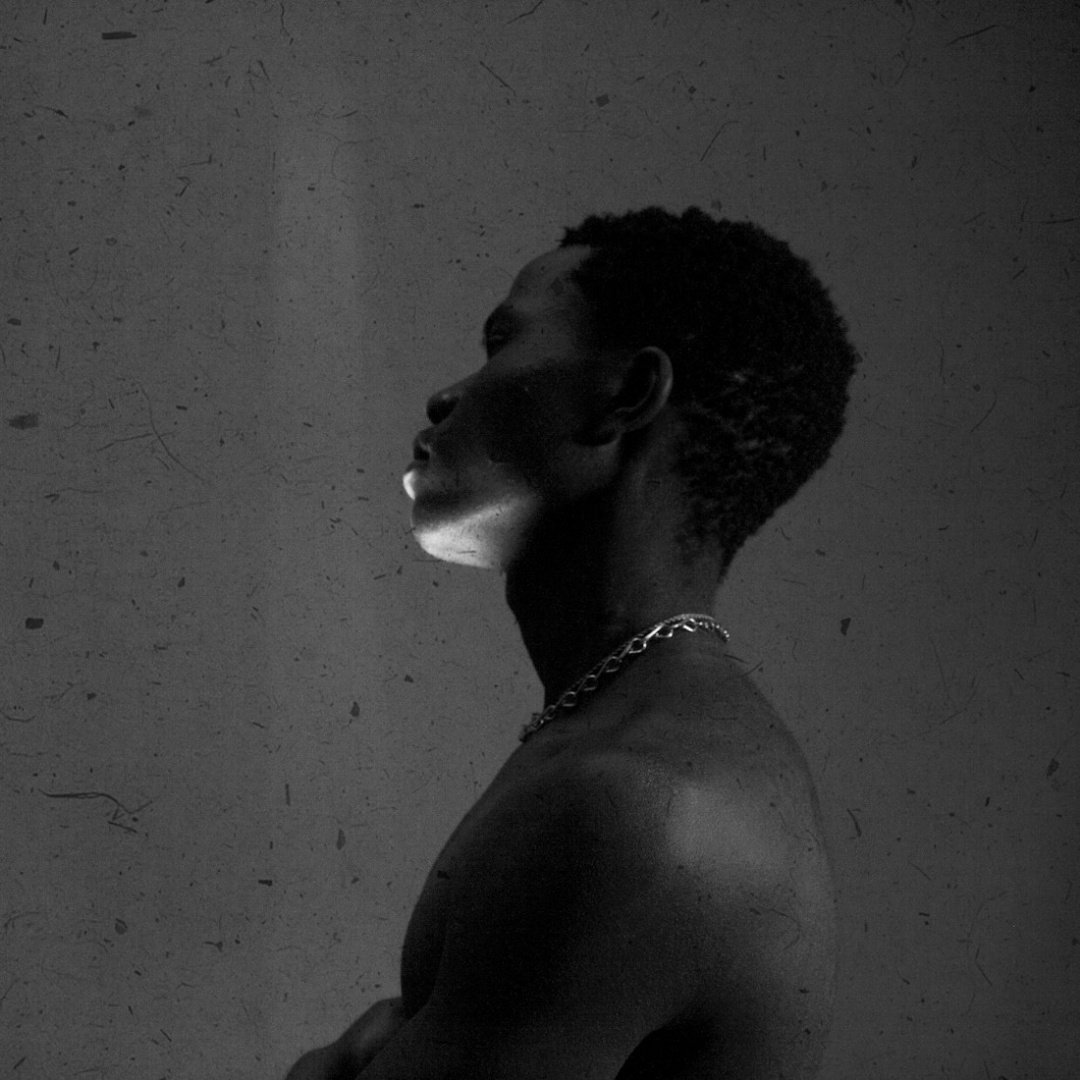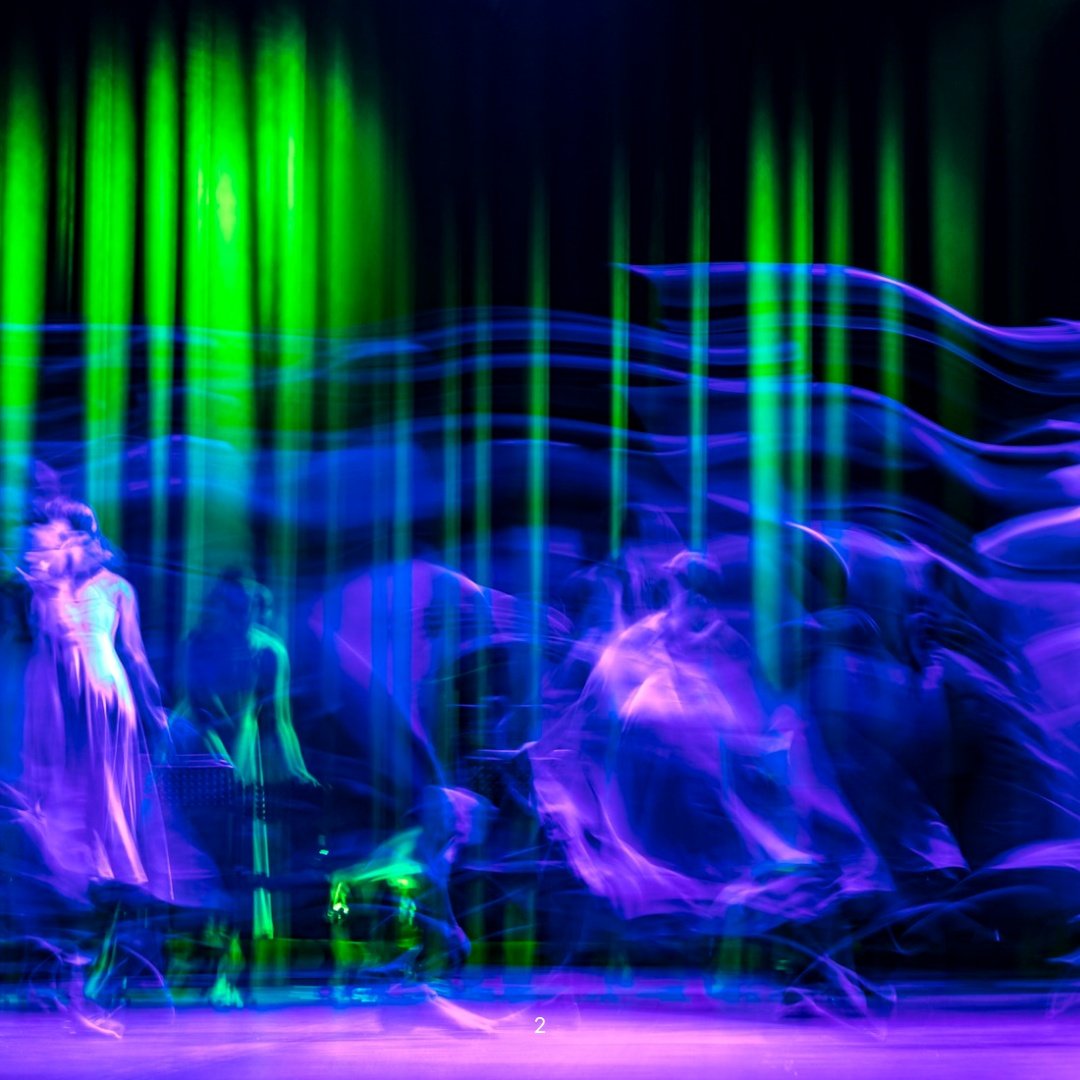Insights in Music and Culture

Archetypes of Transformation in Music, Myth, and Self-Development.
Archetypes are ancient instinctual patterns that influence human behaviours and emerge at critical times in our lives. They follow typical patterns, which is why they appear the world’s myths and art. What isn’t spoken about is their use in music- as sonic representations of psychological narratives. This article explores the use of archetypes in music and their relationship to ritual systems of transformation, used throughout cultures to aid personality and spiritual development. The article concludes by showing how these insights are developed within the Sound-Soul system, a unique ethos and approach to music and performance aimed at transformative experience.

What is the Sound-Soul System? A Transformative Approach to Music, Creativity, and Spiritual Development.
We aspire to be creative people, to express an innate creative spark, and become musicians, artists, dancers, designers, or film makers. Inside us, a creative self seeks to know us, to merge with us, and enhance the quality and power of our lives. To do this, we must embrace the creative life, while simultaneously pealing back layers of conditioning that hinder us from expressing ourselves creativity and authentically. The Sound-Soul System is a method for coming into awareness of the artist within, and provides tools and techniques to aid the evolution of art in each and every creative self to be birthed. It blends philosophy with practical techniques to aid creativity and spiritual development, enhancing meaning and life purpose.

The Spiritual Roots of Electronic Dance Music (Part 2)
This article continues on from the Part 1 which describes the evolution of Electronic Dance Music’s (EDM) spiritual roots. Part 2 expands on this understanding, outlining the musical tropes that evolve from ritual, used within House music, and developed into modern EDM. These tropes are included within a philosophy for music creation and performance which aims for altered states, such as experiences of trance, ecstasy, and euphoria. This modern evolution comprises new music technologies, performance approaches, and sounds, incorporated within modern music events and festivals.

The Spiritual Roots of Electronic Dance Music (Part 1)
Summary
Unbeknownst to most, Electronic Dance Music (EDM) has spiritual roots. The article explores the beginnings of House music and its evolution into modern EDM. It argues that house music develops from African American and Latino sub-cultures who desired freedom of expression, connection with a higher power, and strengthening of ancestral ties to Africa and Latin America. Written in two-parts, this article outlines the philosophy of altered states and trance at the core of musical and technological advancements in EDM, leading to its modern cultural and contextual evolution.

Why we Move to Music: The Psychology of Rhythm and Entrainment
Summary
We are only beginning to understand that our ability to move to music is not a choice, but a biological necessity and evolutionary adaptation. Recent scientific research suggests that our ability to perceive rhythm is innate and fundamental, with benefits including better language and reading skills, boosted immune system functioning, enhanced anti-inflammatory properties that aid stress and ageing, social connection, and bonding. This article explores why we have adapted this capability and provides thought-provoking examples as to why cultures, religions, and modern music events have prioritised our need to move to music.

The Multi-Sensory Nature of Music Rituals
It is well-known that music affects our emotions, alters our states of being, and is used to treat various diseases from Alzheimer’s, trauma, pain, to Parkinson’s (Levitin 2024). Yet, we often forget that the context in which music is experienced is critical to the successful outcomes of music as therapy. This article argues that music is most powerful when considered within the context in which it is experienced, a holistic practice known as ‘music ritual’. Music rituals use a variety of methods- aural, kinaesthetic, conceptual, olfactory, visual, psychological to create an immersive environment where music can have the most impact.

Music as Life Philosophy: 10 Ways Music teaches us to Live Better.
How does music help us live better? Many musicians adopt an approach to life that is based upon the lessons they learn through their music practice. Music, apart from being a series of organised sounds, can also serve as a philosophy for life that hones our skills and perspectives. This article explores ten core ways that music can be used as a philosophy for living, providing life skills that are transferable into other domains.

The Evolution of Consciousness Through Music
How can music help us uncover our highest potential? This article explores this question through the lens of Abraham Maslow’s Hierarchy of Needs. Largely misrepresented, recent studies suggest that Maslow’s highest human value was not self-actualisation (an expression of personal potential and ego) but self-actualisation, an experience beyond the ego through peak experience and communion with others. Music contributes to these higher goals by offering access to higher states, such as ‘flow’ described by Milhaly Csikszentmihalyi. Musical flow states offer a way participate in higher human ideals, moving beyond selfishness, egotism, and conformity to contribute to the evolution of human potential, health, and development.

The Spiritual Quest of Art: Music as Symbol of Consciousness
What is the role of music and art in our society ? This article explores the different ways we create music and art, suggesting a distinction between utilitarian and symbolic art that has a powerful effect on culture. The article maintains that music created as symbol is an expression of the consciousness of the artist and culture, and provides greater benefit for the society because it enables the deep contemplation of universal archetypes that develop and evolve us and our communities.

The Psychology of Music: Transitions
How is music used to create altered states ?
In this article we explore the musical techniques that enable musicians to craft music that pushes audiences into trance and altered states. Based on research in music psychology, ritual, and global cultural practices, this article aims to change the way we think about music and its role in our lives.

